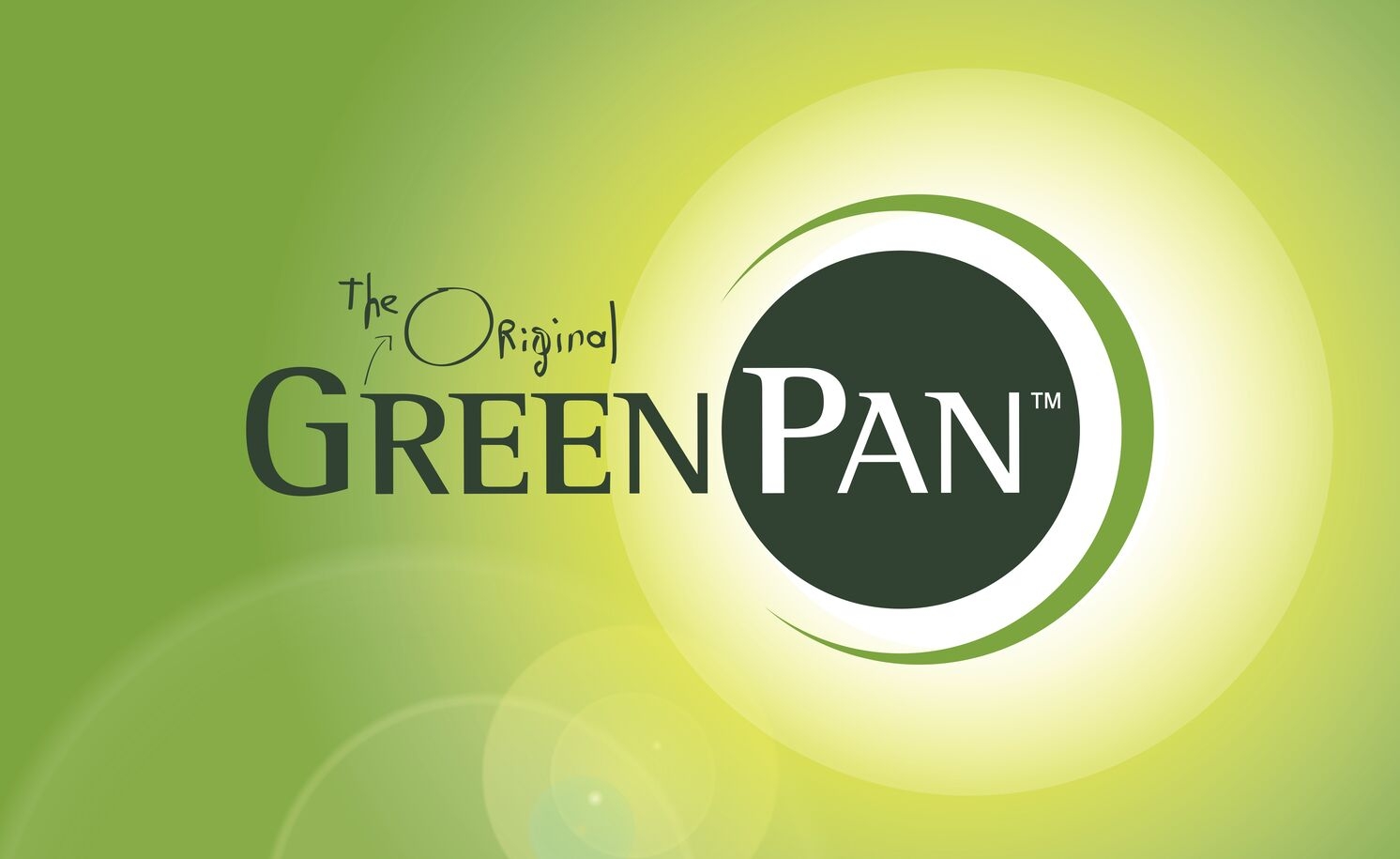Interrupting hormone therapy for childbearing can

Five percent of all breast cancers are diagnosed in women younger than 40. A number of them have a desire to have children. However, treatment for breast cancer is long-term. Most breast cancers are hormone-sensitive, and in those cases, women receive hormone therapy as post-treatment for at least five years, with the goal of preventing relapse. For those who still wish to have children, waiting five years is often not an option, due to age. There is no other option than to interrupt hormone treatment temporarily in order to become pregnant. This has long been frowned upon, as it was feared that interrupting treatment might increase the risk of the cancer returning. These fears have once again proved unfounded.
Positive results
A large study, published under the name "POSITIVE study," which refers to Pregnancy Outcome and Safety of Interrupting Therapy for Women With Endocrine Responsive Breast Cancer*, followed 516 women under the age of 42, with hormone-sensitive breast cancer (stage I and II), who were prescribed hormone therapy for a period of 5 to 10 years. Three-quarters of the women had no children at the time of diagnosis but had a desire to have children. The women interrupted hormone treatment for pregnancy: 86% became pregnant, the majority within 2 years. After a follow-up period of 3.5 years, 8.9% of the women who interrupted hormone therapy had a recurrence of breast cancer. In comparison, among women of the same age, with the same disease history, who continued taking hormone therapy for 5 to 10 years, relapse of breast cancer occurred in 9.2%. Statistically, there is no difference between the two groups.
Three-quarters of women who had interrupted therapy for pregnancy, childbirth and breastfeeding restarted hormone treatment afterwards. Another important finding from the POSITIVE study: there were no more miscarriages and no more birth defects in the women who conceived after breast cancer than in women without a breast cancer history.
*The results of the POSITIVE study were presented on December 9, 2022 at the San Antonio Breast Cancer Symposium (SABCS) in the United States, and have been making headlines around the world in recent weeks.
Continue reading

Understanding explanations can be life-saving

Rare Disease Day: 'Our medication has only been tested on women'


.png)












.png)
















